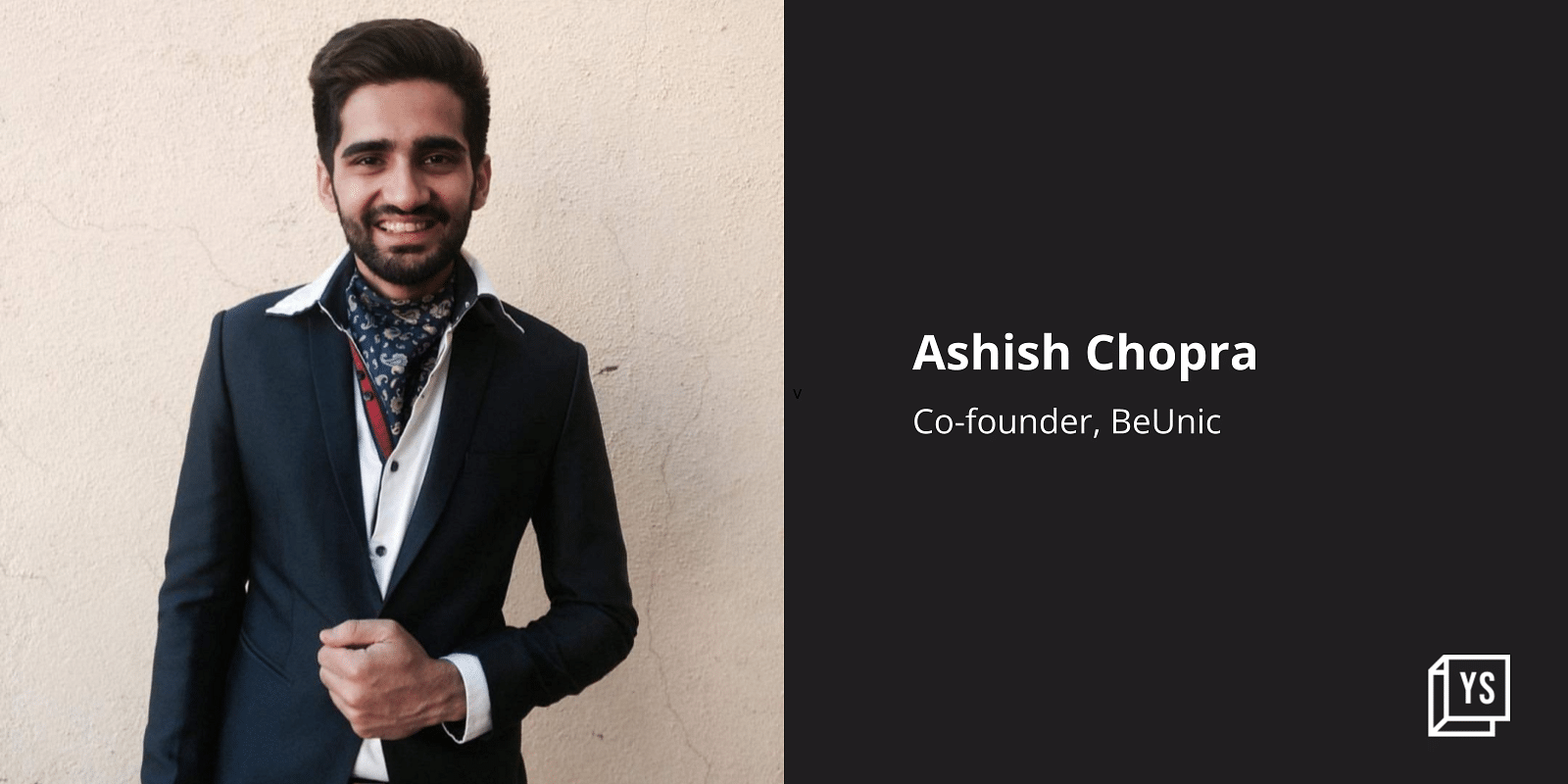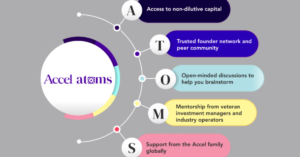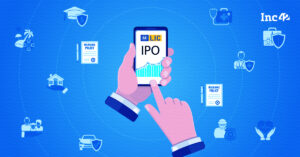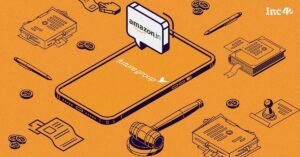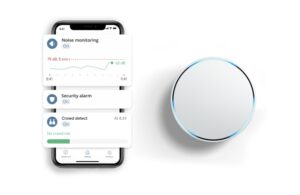Indians are experts at do-it-yourself (DIY), our version of jugaad.
Most jugaad ends with the task at hand, but when Ashish Chopra’s mother decided to DIY her son’s shoes for a drag performance, it led him to launch a startup.
“It is very difficult to find heels in a size 8 or 9. When we go to a store, we are told heels are made for women; they do not cross size 6 or 7. I wanted to wear heels, and could not find anything in my size. One day, my mom said, ‘let me make some for you at home’, and that started our journey,” Ashish tells YS.
Founded in July 2019 by brothers Ashish and Vishesh Chopra and Simmi Nanda, BeUnic started as a footwear brand in 2019 “to cater to men who want to wear heels”.
A year later, it pivoted to a marketplace, a community-oriented ecommerce platform that enables LGBTQ+ entrepreneurs, artists, and designers to offer their products and services.
Ashish says the startup only clocked Rs 20,000 in sales as a footwear brand in the first six months of operations.
“This is when we knew that we needed more products. We met other LGBTQ+ entrepreneurs at a conference and asked how they were selling their products, if they were facing the same challenges as us. Many said they were not making enough sales, and it was hard to list on Amazon and Flipkart. So, we decided to become a platform where LGBTQ+ entrepreneurs can list their products and sell,” Ashish says.
The founders bootstrapped the business with an initial investment of Rs 2.5 lakh.
How it works
Each year, Pride Month sees businesses becoming “inclusive and all-encompassing”. However, a closer look at the on-ground reality reveals that both queer individuals and LGBTQ+ businesses need more consistent and holistic support.
BeUnic aims to be that support system for the community, through the year.
Planning to be “like an Amazon” for queer designers and artists, the startup works 27 entrepreneurs and offers their products and services on its platform. The products include clothing, footwear, accessories, self-care products, books, and BeUnic NFTs.
An entrepreneur has to sign up on the BeUnic platform and list products. Each time a purchase is made, the entrepreneur receives an email with the details. BeUnic takes care of shipping products to customers to make the entire process hassle-free.
The online marketplace deals with independent business owners who do not keep a large inventory. It has partnered with logistics companies to help with deliveries.
BeUnic makes a commission on the sale of each product listed on the marketplace. The startup, which has 10,000 unique monthly visitors, made Rs 50 lakh in revenue in the last year.
Apart from ecommerce, BeUnic also has a resource centre where it partners with queer spaces, NGOs, and other queer-owned businesses. Queer people can apply for jobs in these queer-friendly organisations and businesses.
“The Q-family is rooted in the belief that families and allies need to join queer persons in their fight for rights and visibility. In India, unlike in western countries, families are a huge part of our coming-out journeys. LGBTIA+ persons cannot possibly be their full selves without some form of open and proud support,” says Varun Abraham, Qucciberry, which makes lifestyle products that are listed on the BeUnic platform.
“The brand aims to build this besides encouraging the community to be proud and loud. Being a part of BeUnic aligns us with this vision of an independent, self-sufficient, out-and-proud community,” Varun says.
Ashish says that most entrepreneurs were selling through Instagram or in small stores in their cities before signing up with BeUnic.
“That has a limited reach,” he says, adding that BeUnic has helped expand their customer base. “One entrepreneur whose products were bought by customers in Norway came to us and said, ‘I never thought my products would go to Norway’.”
The queer-focused startup also helps small businesses with discoverability by running ads for products listed by sellers free of cost.
“If someone makes rainbow keychains at home, they would probably be the only one doing so on my website. If you look for the same on Amazon, there will be 100 other sellers, so the seller’s products might get lost,” Ashish says.
Currently, the startup is operational in India, the UK, the US, Australia, Canada, and Norway. The startup has more than 1,000 customers, and almost 40 percent of sales come from customers in other countries.
The platform has also partnered with a health and wellness organisation with a team of queer-friendly clinical psychologists and psychiatrists offering free, professional mental health support in English, Kannada, Tamil, Telugu, and Hindi.
The ecommerce startup faces challenges as a startup supporting and promoting minority groups.
“The current challenge we face is that people think that because the products on our website are made by queer people, they are only for queer people. But clothes or stationery do not really have a gender and we like to promote that,” Vishesh says.
The way ahead
A 2018 estimation by Hong Kong-based LGBT Foundation stated that the world LGBT community was worth about $4.6 trillion. A 2009 study by Forbes India put the number of LGBTQ+ community at four percent of the total population (approximately 30 million), which grew to about six percent by 2014 (Out Now Consulting).
No official figures are available for present numbers, but this segment translates into a market potential of more than $200 billion.
BeUnic aims to tap this growing market. The startup is looking to raise funds to scale operations, and for hiring and marketing.
Going forward, it also aims to increase its spend on advertising and SEO for customer acquisition.
BeUnic faces competition from startups like Queer Made, Rainbow Bazaar, and Gay India.
“Our mature market is outside India right now. The US, the UK, and Australia are some of our bigger markets. We want to capture the Indian market, but also focus on expanding outside India slowly,” Vishesh says.

